After The Seed Box outdoor therapy centre in Deeside received royal attention, we paid the social enterprise a visit to see what makes it so special.
Set up in 2013, The Seed Box became a registered charity in March 2020, just as Covid arrived.
It now has three sites in idyllic surroundings: Ballogie – a listed walled garden; Glen Tanar – which has an orchard and fruit cage; and a recently-opened purpose-built site at Banchory which includes a car park and shop.
Though The Seed Box works in a similar way to Camphill School Aberdeen, it hosts co-workers (a deliberate deviation from ‘service users’) with additional support needs from age 16 to 60+.
Indeed, some co-workers have been referred to The Seed Box from Camphill after passing Camphill’s age limit of 25.
The Seed Box now has 10 staff, and 16 co-workers on its books, though it has plans to expand.
Like Camphill, The Seed Box offers people the chance to put their hand to a variety of activities both inside and outside, from working in the wood workshop and potting shed, to cutting the grass and growing vegetables and plants for sale.
It also has a shop run by co-workers, who sell produce and items made on the grounds.
The Seed Box has come a long way since the idea first appeared in manager and director Belinda Rowlands’ head.
Read on to..
- Find out how Seed Box came to be
- Meet the people who benefit…
- …and find out how it’s transformed their lives
‘The Seed Box has turned into something much bigger than I’d ever imagined’
Belinda received a British Empire Medal (BEM) in The King’s New Year’s Honours List last month, for her work with The Seed Box.
Though she told The P&J that she considered the BEM to be recognition of The Seed Box, rather than her personally.
I asked Belinda how The Seed Box came about.
“It was an idea of mine and my husband’s, and it grew from a very small seed, so to speak.
“It’s turned into something much bigger than I’d ever imagined.
“As a teenager in Liverpool, I volunteered at a school for learning disabilities which was right next door to my high school.
“I just loved the environment and the benefits to the students that were there, and the head teacher there inspired me as well, so I never forgot that.
“I then went into agriculture, I was a shepherdess for 20-odd years believe it or not.
“But I’d never forgotten my volunteering experience, so I always wanted to do something like that.
“Once my children started school, I saw that as my opportunity and started working with learning disabilities again.
“And then this happened, and it’s grown arms and legs.”
‘Feel the fear and do it anyway’
She added: “It was a leap of faith, but once you get so far down a path, you’ve got to keep going.
“You can’t turn around, because then all that effort would be for nothing.
“I always say: feel the fear and do it anyway.”
The Seed Box is very much the co-workers’ place – they take ownership of it.
Whether that’s tending the grounds, growing produce, cooking, making bird boxes and squirrel feeders, manning the shop and stocktaking, or whatever needs doing, they get a real sense not just of ownership, but purpose.
“It’s about them being able to contribute,” said Belinda.
“They are all contributing, regardless of ability or disability, whether they’re wheeling the wheelbarrow, pruning, digging, collecting compost, fetching tools.
“You name it, they’ll do it.
“And they love it. When they go home at the end of the day they’re tired but they’ve achieved something, and it gives them a real sense of purpose.
“They’re actually contributing to the workforce – that’s why we call them co-workers.
“With some of them, they’re extremely shy when they start coming here, hiding behind their parent or carer, and you have to talk to them through their parent or carer.
“Fast forward six months and they’re getting off the minibus and striding in with pride. The whole body language is different, which is very rewarding.”
People with additional support needs ‘often get written off’
She added: “Everyone’s capable of contributing something to society.
“Why shouldn’t someone with a disability have the opportunity to be part of society and contributing?
“Far too often they get written off, sadly. You’ve just got to find what they’re capable of.
“Everybody has something to offer.”
I asked Belinda what the BEM medal means to her.
“It was a surprise. I’m not one that looks for recognition, I’m really not that kind of person. Though it’s nice to be recognised.
“It’s an award for The Seed Box, really. Yes, I’ve done a lot of work, but it’s about everyone.
“We have a board of seven trustees, of which I’m one. There’s all the volunteers, the staff – past and present.
“And the co-workers as well, because if it wasn’t for them, there would be no Seed Box.
“It’s about them at the end of the day, and what they get out of it. That’s what gets me out of bed in the morning.”
‘I want to go there’
To find out more, The P&J spoke to families of those who benefit from The Seed Box.
Jeannie Carlson’s son Chris is 38.
He has cognitive difficulties, with things like speech and reading and writing, and has been going to The Seed Box four days a week for two years.
“He doesn’t really have an understanding of money, so getting a paid job isn’t really an option for him,” said Jeannie. “But he understands what it is to do real work.
“When we visited The Seed Box and the estate at Ballogie, the welcome we got there, and everyone was in their overalls and welly boots, sleeves rolled up, and you could just tell ‘stuff is happening here.’
“The wheelbarrows, the lawnmowers, the workshop and tools. Just how enthusiastic all the co-workers were.
“All of those things just drew Chris in. He didn’t need to think about it. Actually, on the drive home he said: ‘I want to go there.’”
She added: “He likes machines, and he drives the ride-on lawnmower at Glen Tanar. He’s made various things in the workshop, bird boxes and things like that, repairing garden benches from the King’s estate at Balmoral.
“And on the horticultural side of things, he’s involved in all aspects of growing the wonderful vegetables there – sowing, transplanting, weeding, making compost. This week he was helping to make new vegetable growing beds at the site in Banchory.
“He also likes to go out on deliveries. They’ve got a veg box scheme going, and they deliver once a week during growing season, and he likes to hop on board, load the orders and pack them up, and take them around Deeside delivering them. He also works in the shop in Banchory every Thursday.
“I think the sheer variety of things he gets to do is one of the attractions for him.
“And knowing he has co-workers and he’s building up his social skills is a big thing for me.”
‘He’s up and at ’em. That tells me a lot’
Jeannie spoke of the dramatic difference she’s seen in Chris since he started going to The Seed Box.
“He’s gained a lot of confidence. Chris is a man of few words, but I can see the effect it has on him.
“Every day he sets his alarm, he gets up and he gets himself ready. I’m not chivvying him along, chasing him. He’s got his lunch box, his rucksack. ‘See you later mum.’ That’s like music to my ears.
“He’s up and at ‘em. That tells me a lot. He’s like a workman going to work.
“When he gets home, he always says hello and he’s got a big smile on his face.
“I asked him if he wanted to drop a day to do something with a support worker. He said ‘no way, I’m working.’”
Aiden struggled at school
June Drummond’s son Aiden is 17, and has attention deficit disorder (ADD). Like Chris, he’s been attending The Seed Box for almost two years.
As a pupil at Banchory Academy, Aiden attended The Seed Box one day a week, on Wednesdays. Since he left school last summer, he’s there Monday to Friday.
“From the minute he started going he’s just loved it,” said mum June.
“I was a bit sceptical at first, I thought he would be better staying in school. But I see a big change in him since he’s been at The Seed Box every day.”
She added: “He used to get angry a lot at school. Since he started going to The Seed Box full-time, I don’t see any of that now.
“He gets up in the morning and he can’t wait till the bus comes to pick him up.
“He comes home at the end of the day and tells me everything he’s been doing, and he’s really happy. I would get nothing out of him when he came home from school.
“Everything about it he just loves – the staff, the volunteers, the co-workers, he gets on with everybody. And he’s well praised at The Seed Box, they all love him.
“He’s just come on so much since being there full-time.”
‘It’s changed his life’
I asked June where Aiden would be without The Seed Box.
“I was told that if he stayed in school, because of his temper and things, he’d end up being expelled.
“And he can’t handle a day-to-day job like we could. His brain doesn’t retain information.
“So I don’t actually know where he’d be without The Seed Box. They’re absolutely amazing, all of them.
“It’s changed his life.”
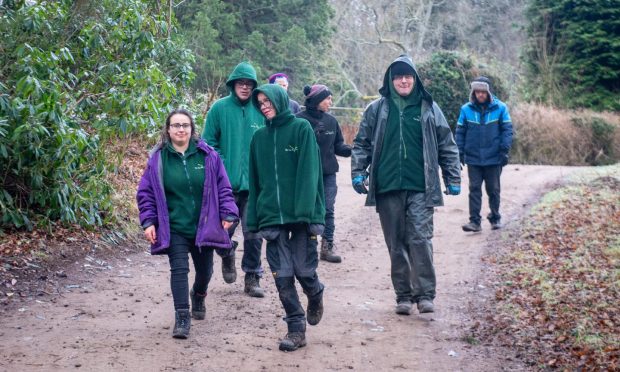
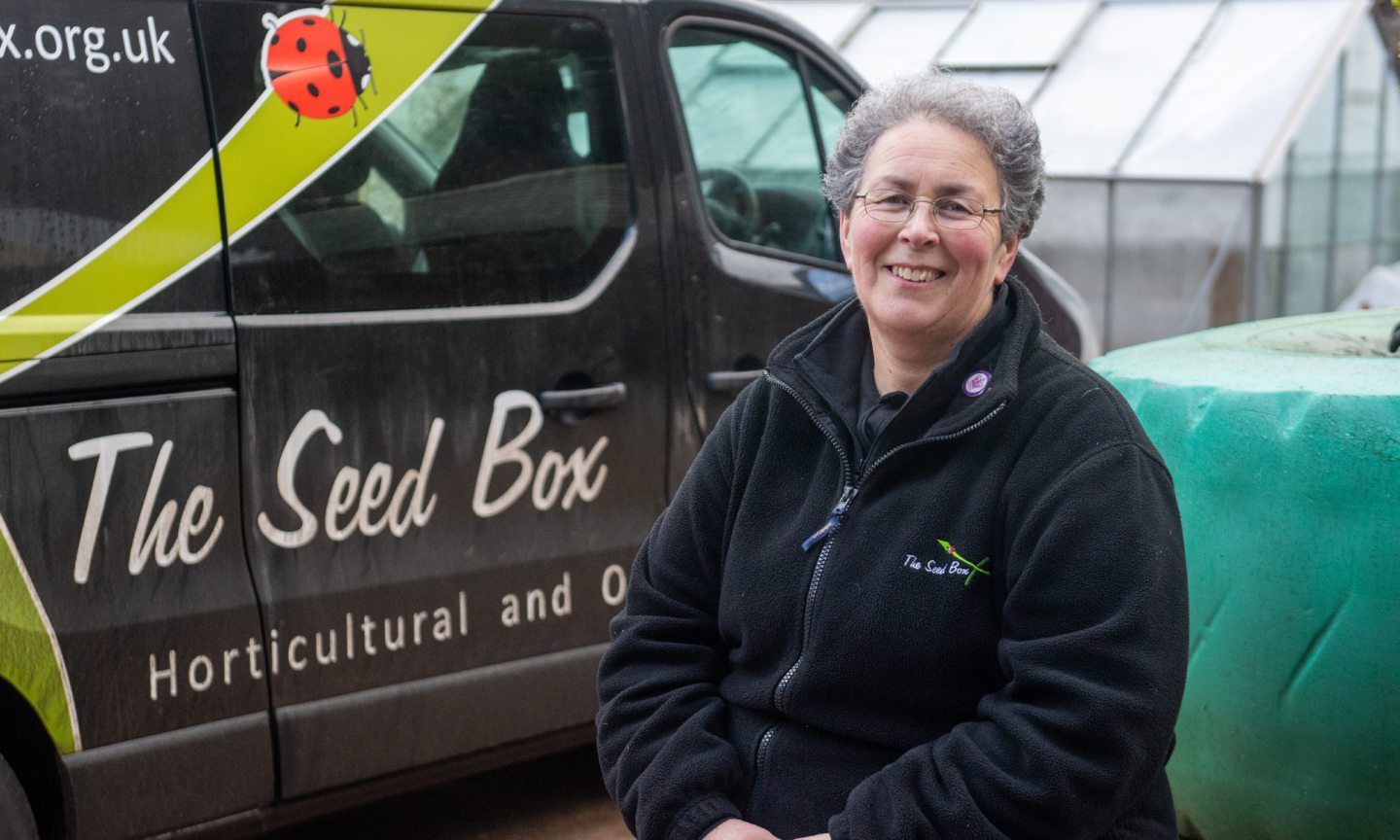
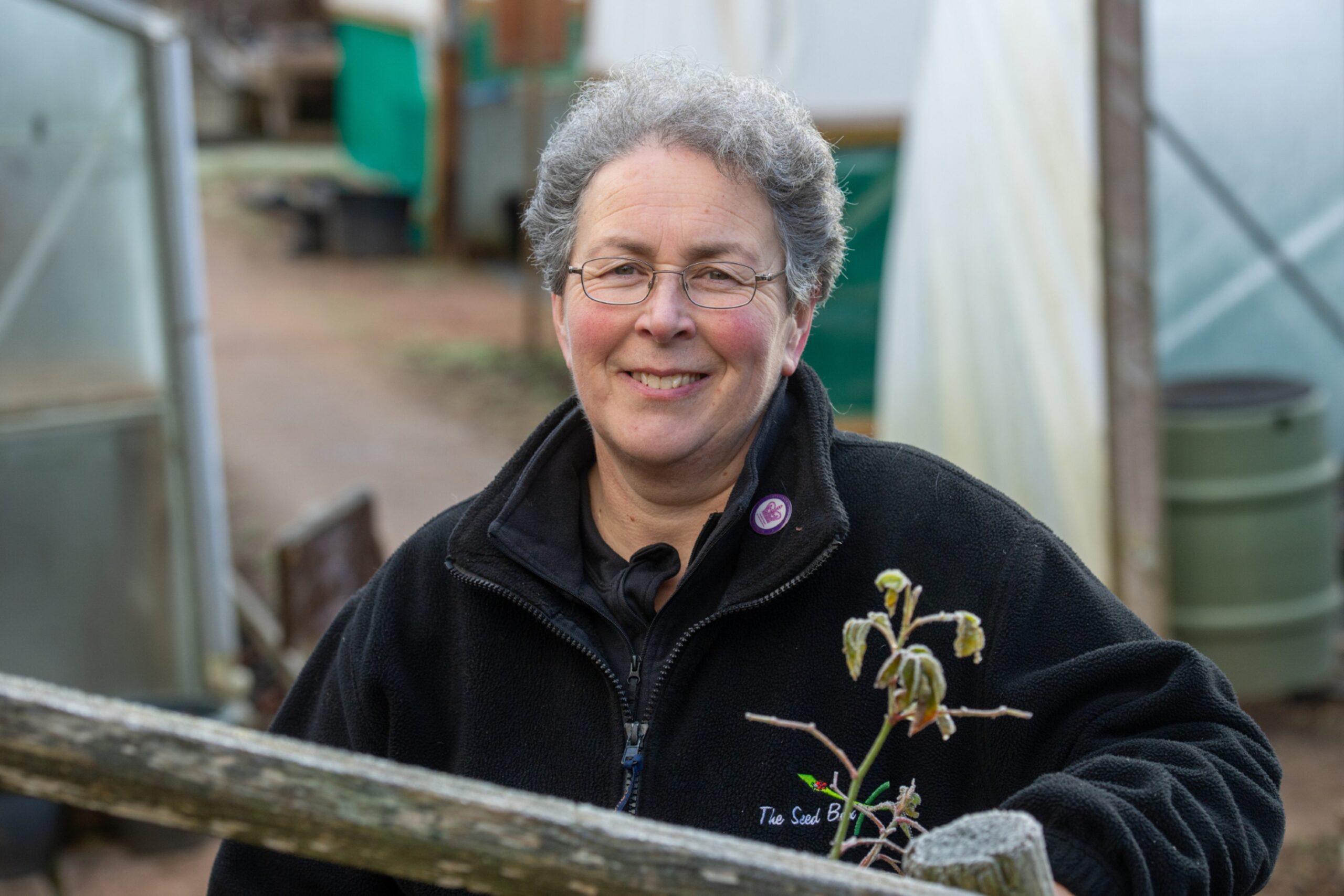
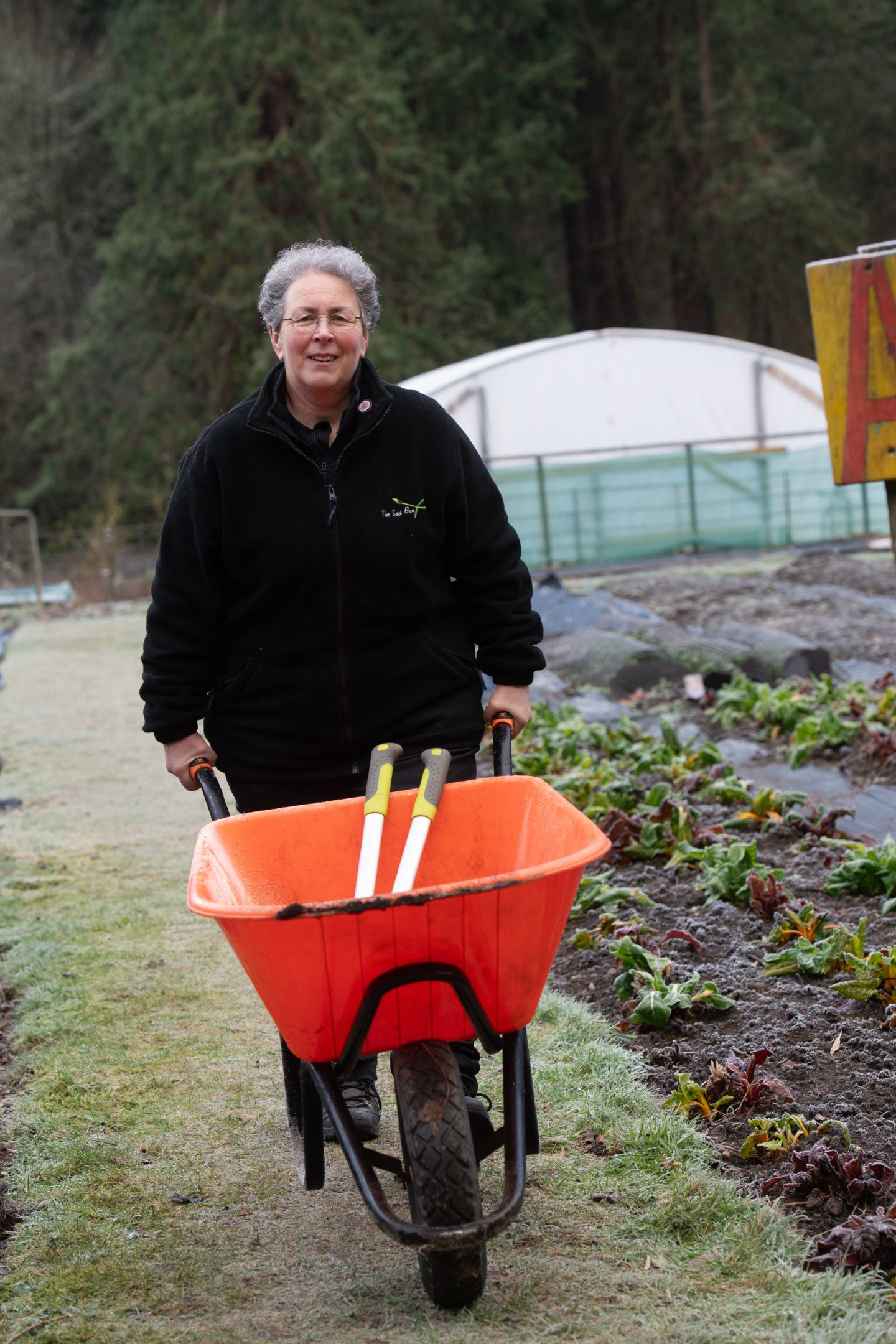

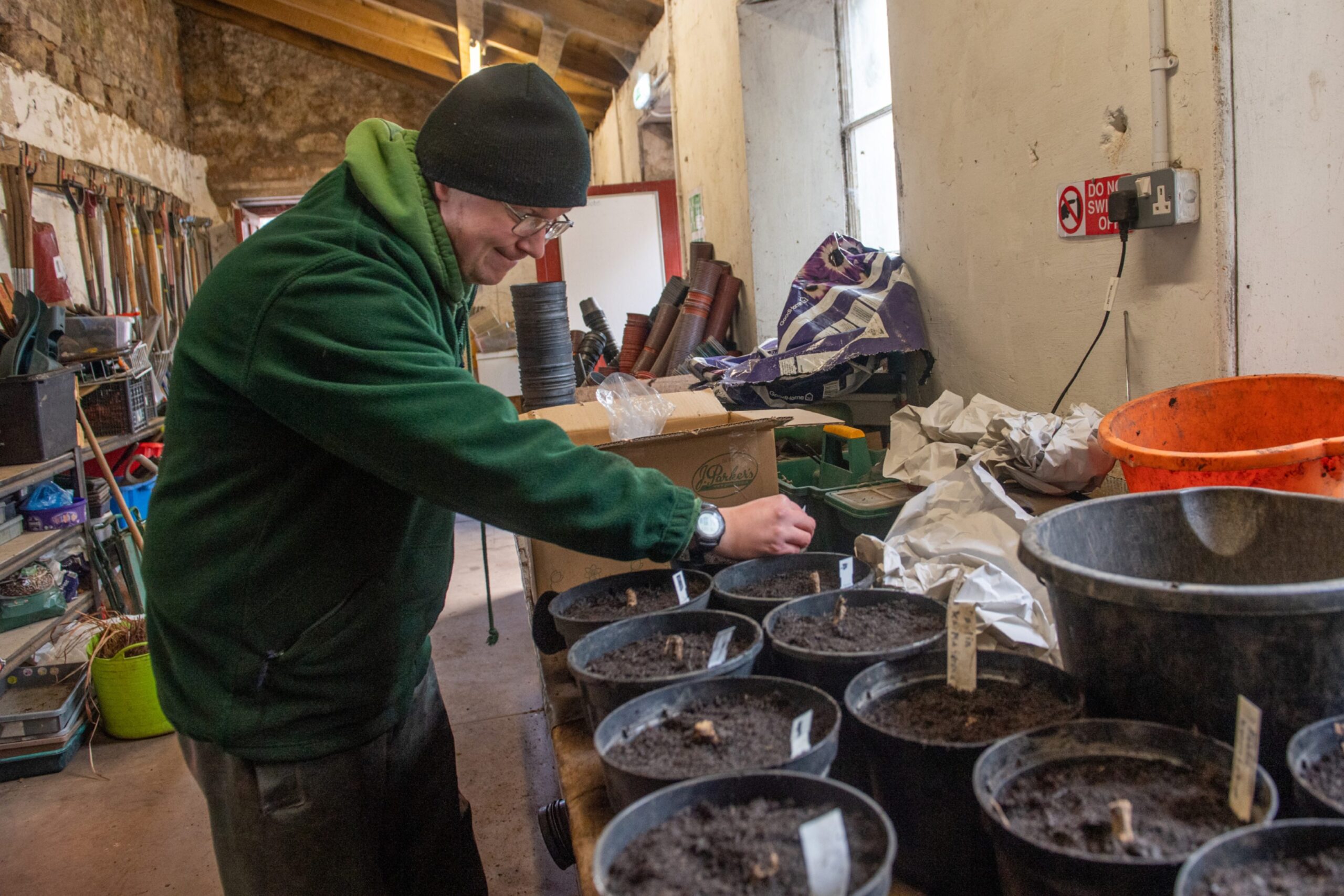
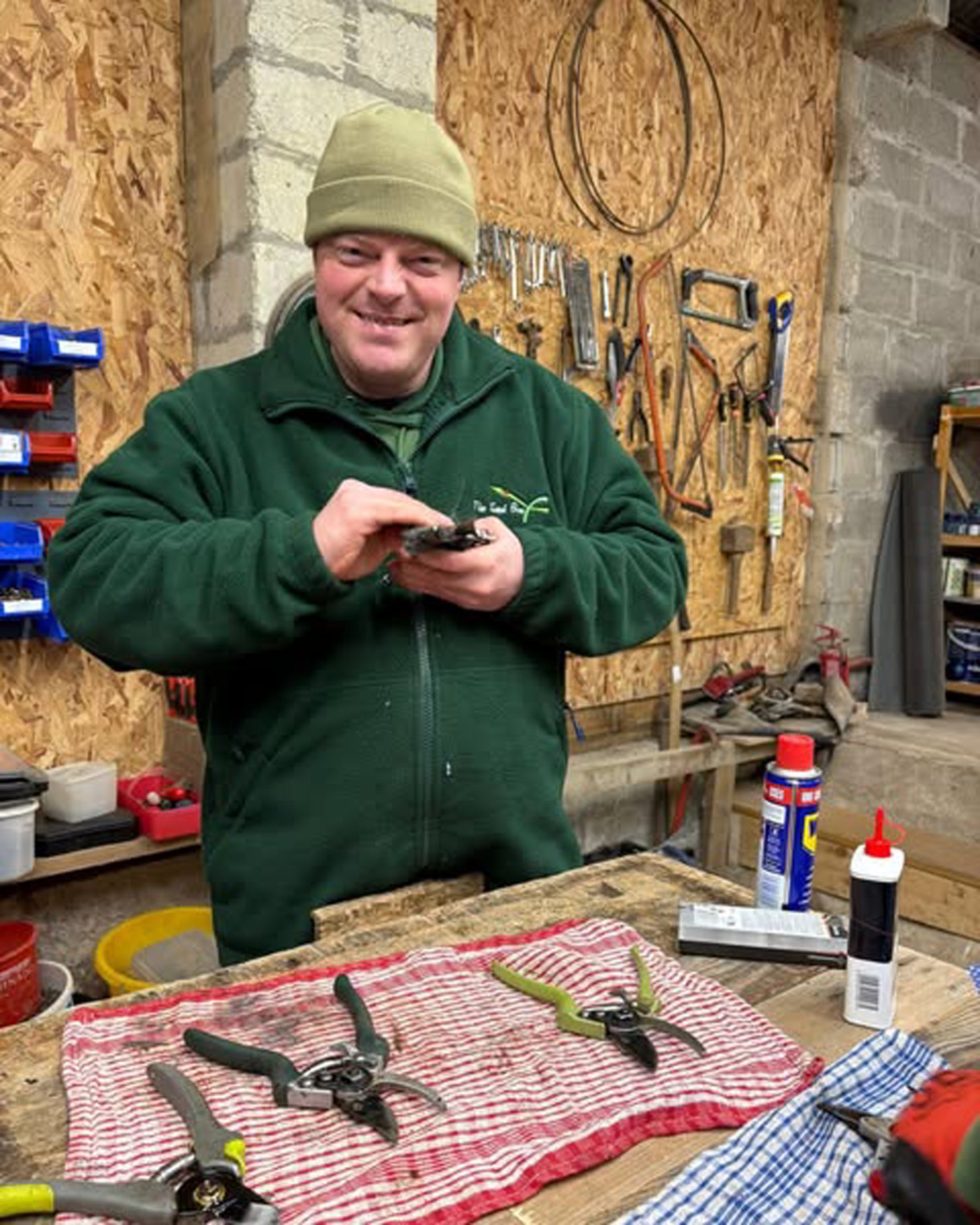
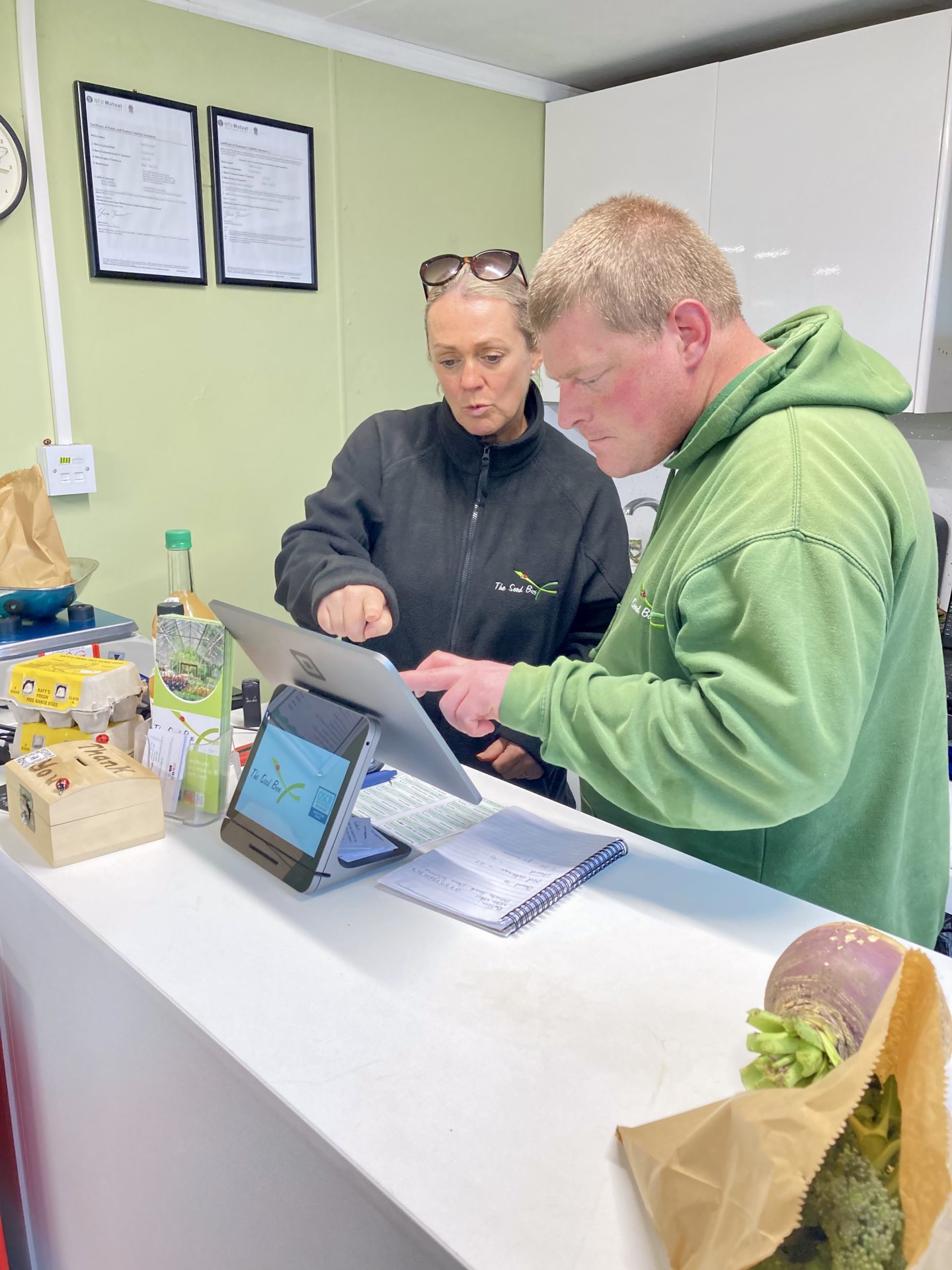
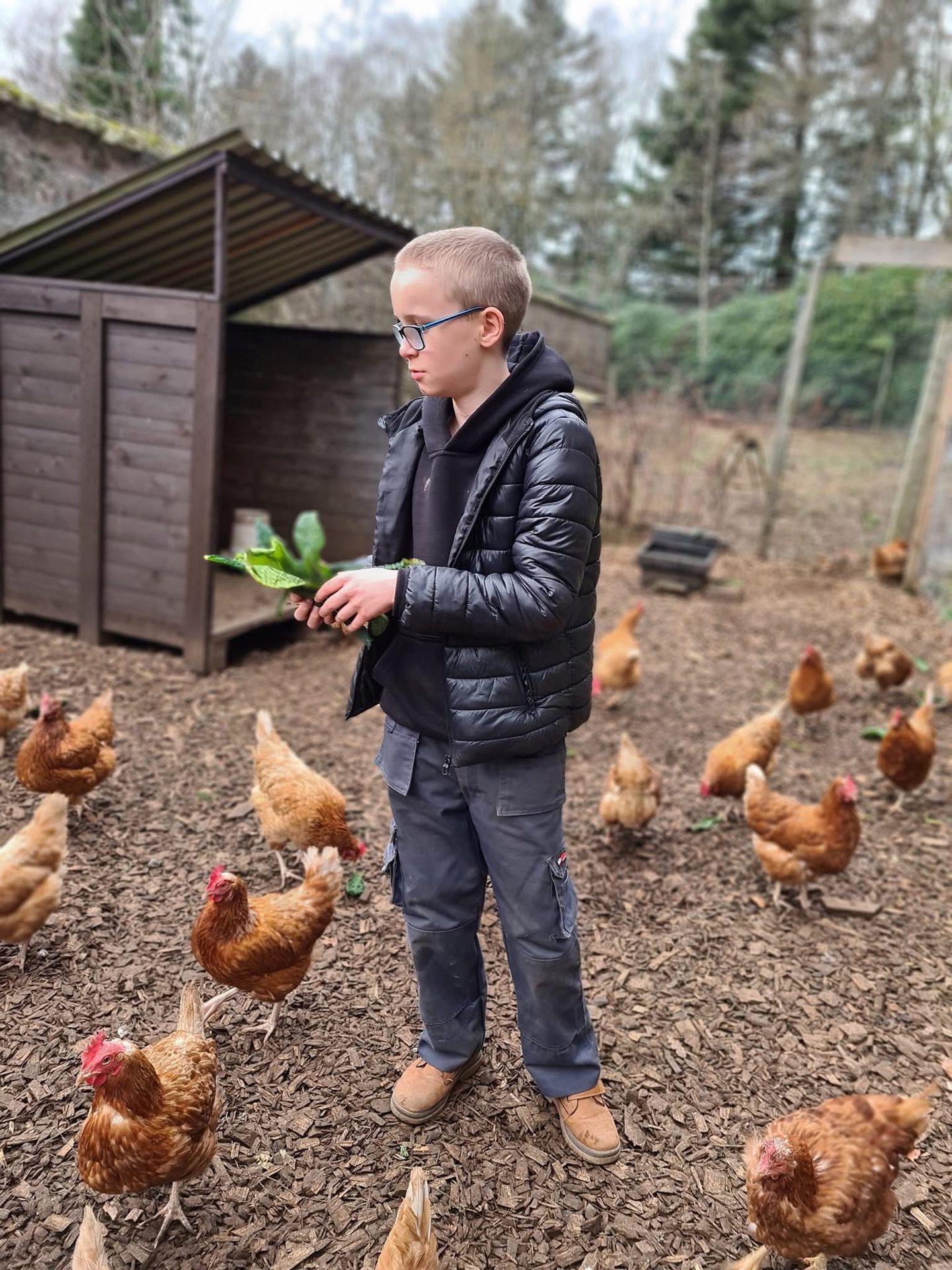
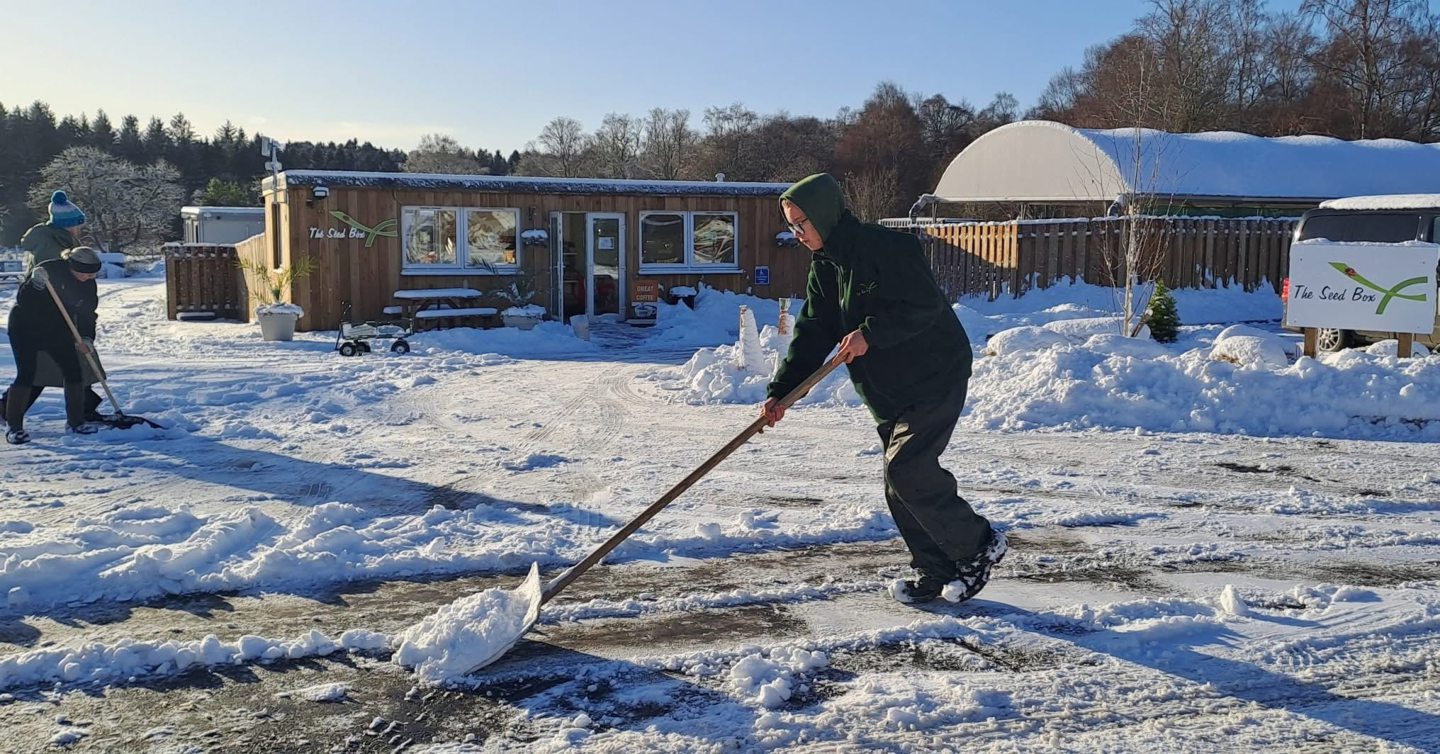
Conversation